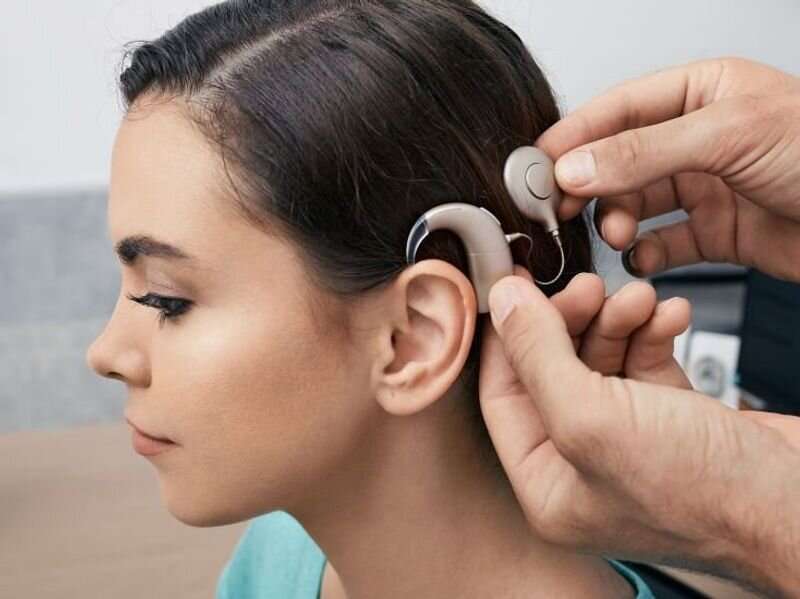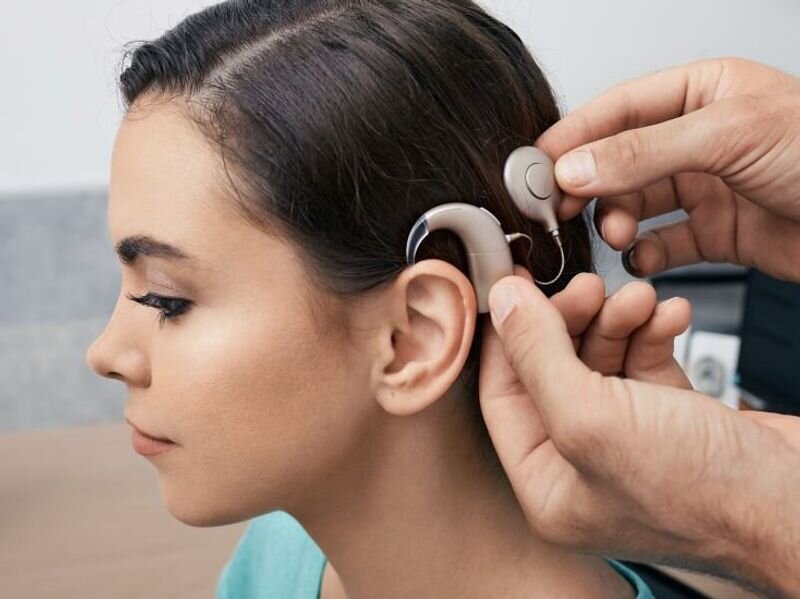
Adolescents with cochlear implants (CIs) have better outcomes in terms of language, academic performance, and quality of life, according to a study published online June 29 in JAMA Otolaryngology-Head & Neck Surgery.
Ivette Cejas, Ph.D., from the University of Miami, and colleagues conducted a longitudinal cohort study including 188 children with bilateral severe to profound hearing loss with CIs from the Childhood Development After Cochlear Implantation study; a cohort of 340 children with severe to profound hearing loss without CIs from the National Longitudinal Transition Study-2; and results from the literature for comparable children without CIs. Long-term educational outcomes and quality of life were assessed in adolescents over 13 years after implantation.
The researchers found that academic performance was better for children with CIs compared to those without CIs with similar levels of hearing loss. Children who received CIs early (prior to age 18 months) had the largest benefits, and performed at or above age and gender norms for language and academic achievement. Better quality of life on the Pediatric Quality of Life Inventory was reported for adolescents with CIs compared to those without CIs. Children who received CIs early scored higher across all three domains on a condition-specific measure (Youth Quality of Life Instrument-Deaf and Hard of Hearing) compared to those without CIs.
“These findings highlight the importance of early identification and intervention,” the authors write.
More information:
Ivette Cejas et al, Cochlear Implantation and Educational and Quality-of-Life Outcomes in Adolescence, JAMA Otolaryngology–Head & Neck Surgery (2023). DOI: 10.1001/jamaoto.2023.1327
Karen A. Gordon et al, Long-term Language, Educational, and Quality-of-Life Outcomes in Adolescents After Childhood Cochlear Implantation, JAMA Otolaryngology–Head & Neck Surgery (2023). DOI: 10.1001/jamaoto.2023.1329
Journal information:
JAMA Otolaryngology–Head & Neck Surgery
Source: Read Full Article



